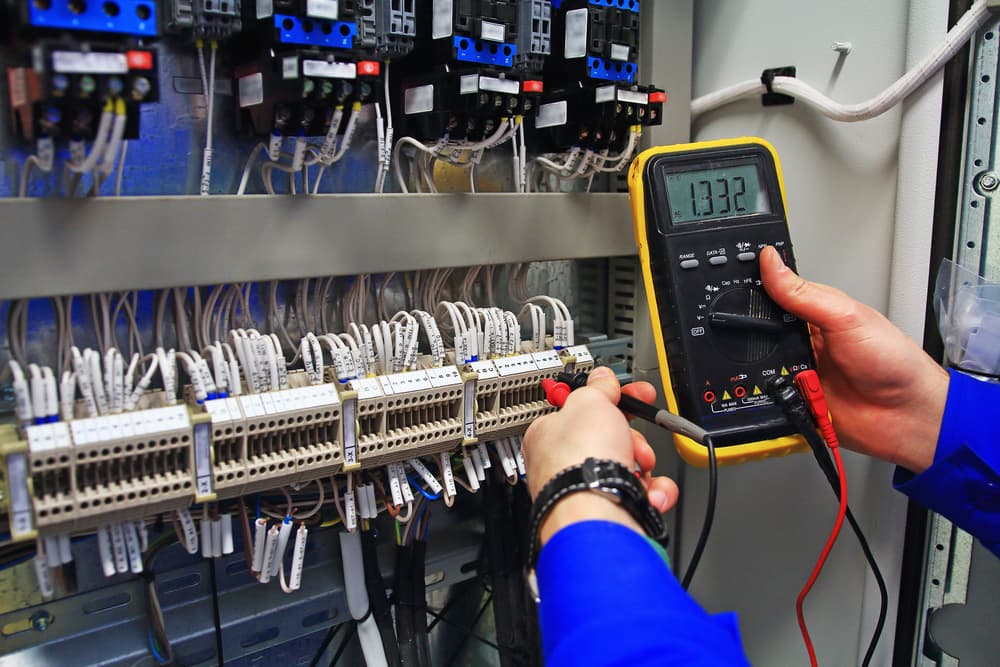Importance of Electrical Testing in NSW
Inline Industrial Maintenance – #1 NSW Electrical Test
Importance of Electrical Testing in NSW
Electrical testing plays a crucial role in ensuring the safety and functionality of electrical systems in New South Wales. Regular testing helps identify potential issues and prevent hazards that could lead to costly damages or even accidents. By testing electrical equipment regularly, businesses can comply with regulations and standards, ensuring a safe working environment for employees and customers alike.
The Benefits of Electrical Testing
Regular testing not only enhances safety but also improves efficiency and reliability of electrical systems. It helps to detect any faults or weaknesses early on, allowing for timely repairs and maintenance. Additionally, electrical testing can extend the lifespan of equipment and reduce the risk of unexpected breakdowns, saving both time and money in the long run.
Types of Electrical Tests
There are several types of electrical tests that can be conducted to assess the condition of electrical systems. These include insulation resistance testing, earth continuity testing, and polarity testing, among others. Each test serves a specific purpose and provides valuable information about the health of the electrical infrastructure.
Choosing the Right Testing Provider
When selecting a testing provider, it is essential to consider their expertise, experience, and accreditation. Look for a company that has a proven track record in electrical testing and a thorough understanding of local regulations and standards. By partnering with a reputable provider, you can ensure that your electrical systems are in good hands and compliant with all requirements.
In conclusion, electrical testing is a critical aspect of maintaining safe and efficient electrical systems in NSW. By prioritizing regular testing and working with a trusted provider, businesses can safeguard their operations and protect their assets. Stay proactive and stay safe with proper electrical testing practices.


